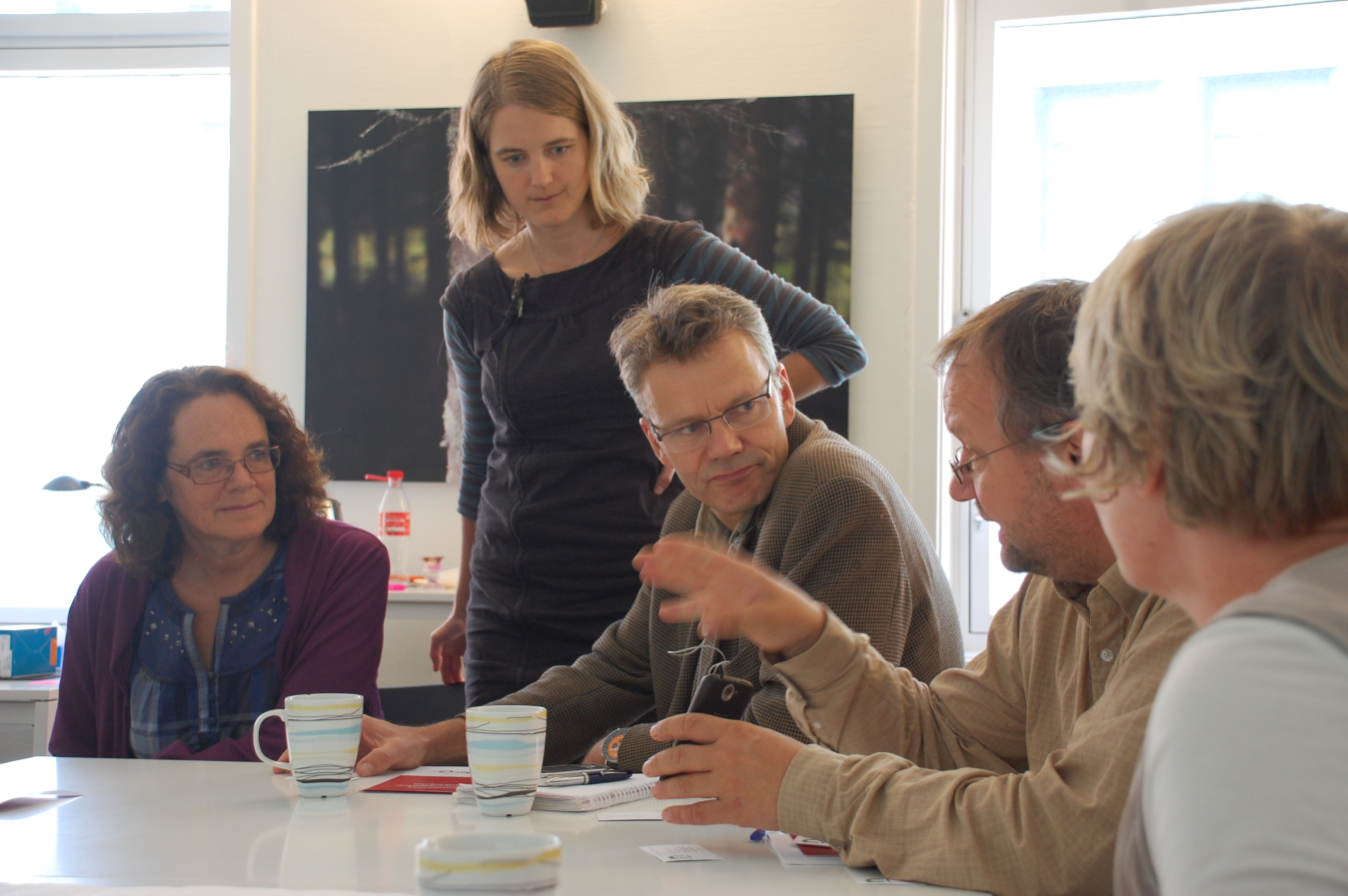The idea of groups of people working together as a community, sharing best practice, knowledge and challenges, is by no means a new one. However, collaborative learning technology has made an enormous difference to the nature and effectiveness of these communities in recent years.
Collaborative technology has made an enourmous difference to the nature and effectiveness of learning communities in recent years
Lets define Communities of Practice (CoP) first of all.
To quote Etienne Wenger, the educational theorist and practitioner that coined the term:
“Communities of practice are important to the functioning of any organization, but they become crucial to those that recognize knowledge as a key asset. An effective organization comprises a constellation of interconnected CoP, each dealing with specific aspects of the company’s competency. Knowledge is created, shared, organized, revised, and passed on within and among these communities”
Communities of practice increase the flow of communication, knowledge sharing and collaboration across an organisation and between multiple organisations even.
Previously such communities revolved around physical workshops, lunch-n-learns and network meetings. While I’m a big supporter of people meeting face to face, I was never a fan of the next to impossible task of finding a time and place that suited all. In my previous post I described how quickly I gave up on the idea of a pre-set, shared agenda.
With technology, participation is no longer restricted to the people that can be in a certain place at a certain time. Nor is the dialogue restricted to the topics on an agenda. Nor would it need to be cut short because of time restrictions.

In a well functioning community of practice, the online and the offline elements support and inform each other. Discussions from physical sessions can be streamed, uploaded or summarised, making them accessible to all and allowing the continuation of the discussions online. The topics discussed online help inform the focus or facilitation of the next physical meet-up and can lift the level of discussion by helping people come prepared.
While communities of practice are typically thought of in the context of technical experts and subject matters, it can be equally valuable for leaders – both in the context of their own development and their daily work.
Let’s think about this in the context of a change management programme, for example. Say a consultant or group of consultants has been drafted in to manage the change. Traditionally, the consultants come, they facilitate and oversee the change programme, and then when it is deemed finished or time is up, everything is wrapped up and they leave. The change may or may not be embedded in company culture.
I would argue that a collaborative platform could make many a change process go a lot more smoothly. And more importantly, the participants involved in that change would have a place to continue the ongoing dialogue and sharing that makes for sustained change.
To create sustained impact, whether from a learning programme or organisational change project, you will need to think beyond the last module or project end-date.
It takes a long time for new behaviours and ways of working to become habit so the momentum has to be sustained.
To create sustained impact, whether from a learning programme or organisational change project, you will need to think beyond the last module or project end-date.
The often intensively interactive process of organisational change is an ideal scenario in which to establish communities of collaborative learning, knowledge sharing and mutual support.
Advances in technology are not just making such online communities easier to set up, they are also making it easier to build engagement and valuable participation. The power of asynchronous learning makes it a lot easier to build communities, communities that can even span different disciplines, among the most narrow focused of experts and busy individuals (e.g. leaders).
The unique way of organising content within our own platform - Noddlepod - allows members to find relevant resources from the group’s previous activity, to rekindle relevant discussions and build upon knowledge already shared within the community. Increased relevance translates into increased engagement and a cross-pollination of ideas and productivity.
Leaders can have easy access to the collective wisdom of the group, the ability to ask questions and to receive timely answers right from their mobile phone.

Not only has technology changed how leaders learn in a community, it is also changing how leaders and organisations view learning and collaboration.
Organisations are increasingly aware of the need to free up the creative and innovative potential of workers. Leaders are much more willing and able to learn in an online community than they would have been just five years ago. There is more of a mindset of sharing and collaboration.
I completely agree with what Nigel Paine, (leadership, learning and technology expert), said in our opening post in this series: “We are at the beginning of something special”. The mindset and the technology are coming together, creating opportunities for new ways of working and learning. Leaders are now ready for the changes being driven by technology.
If you need help getting started with collaborative learning, get in touch for a free consultation. We would love to help!
Learn more about how Noddlepod is used as a CoP knowledge sharing tool.